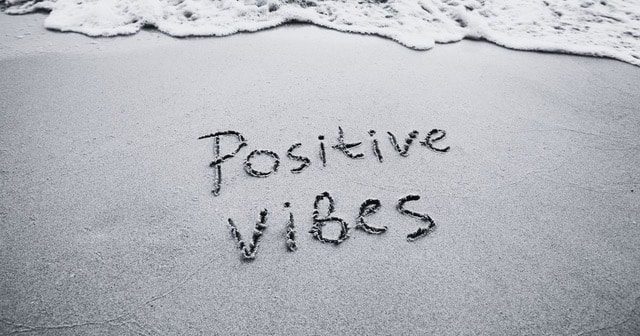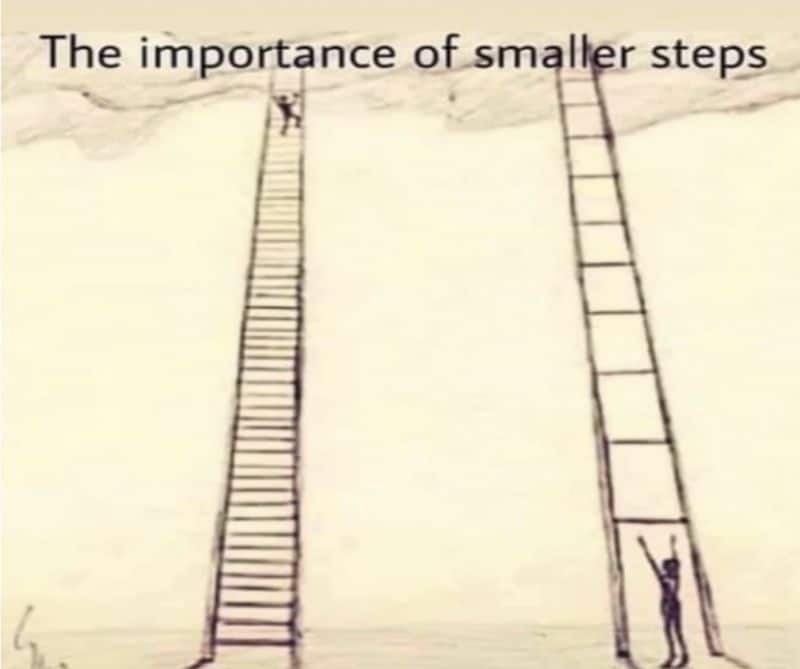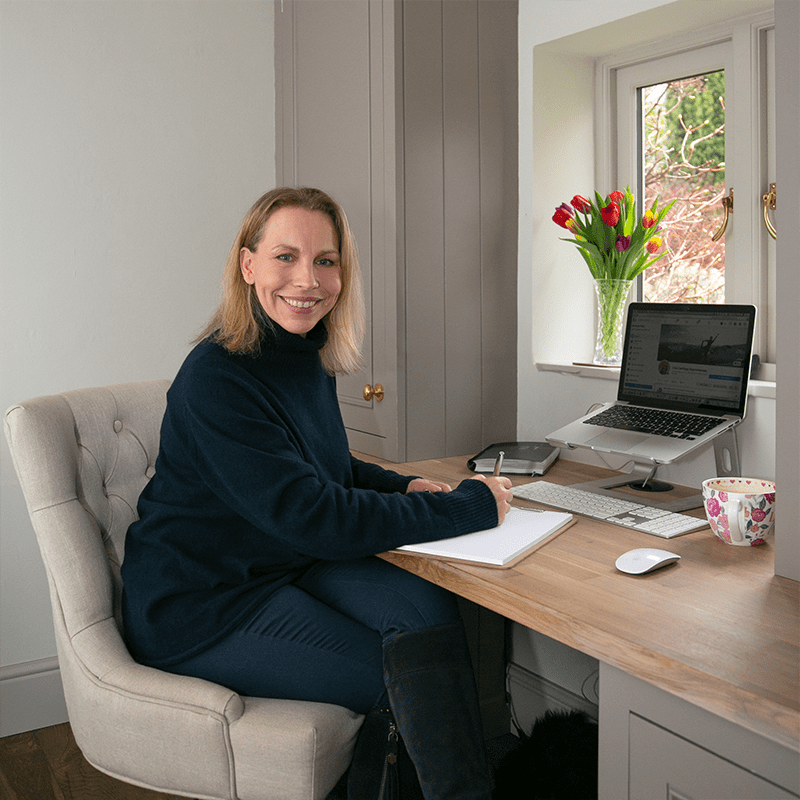

Crippling anxiety is like a fierce storm that engulfs your mind, unleashing thunderous thoughts and torrential worries, leaving you feeling stranded and powerless amidst the chaos in our daily lives.
Anxiety is a normal part of life, and can be a helpful response to situations that are challenging or unfamiliar, it can give us the respect we need for the situation ahead.
However, when anxiety becomes an overwhelming and constant companion it can be debilitating.
Crippling anxiety goes beyond the typical stress response. It’s a chronic condition that can make even the simplest tasks seem insurmountable.
It becomes challenging to see situations objectively, as anxiety tends to magnify perceived threats and create irrational beliefs.
Crippling anxiety doesn’t just affect your mind; it also has physical symptoms.
Anxious feelings can include a rapid heart rate, heart palpitations, shortness of breath, stomach upset, muscle tension, headaches, and sleep disturbances.
Some people with intense anxiety may even experience panic attacks and have chest pain, intense episodes of fear that come on suddenly and peak within minutes.
When your anxiety is through the roof, these physical symptoms can become so severe that they interfere with daily activities.
You might find yourself avoiding certain situations out of fear they will trigger an anxiety attack.
The emotional impact of crippling anxiety is profound.
It can lead to feelings of isolation and loneliness, as you struggle to explain your experiences to others who may not understand what you’re going through.
To be fair, you are probably struggling to understand these feelings yourself, as they are not rational or logical.
Living with crippling anxiety means living in a state of constant worry and fear.
It’s like being stuck in a never-ending cycle where your thoughts are consumed by worry and dread about what could go wrong next.
In my experience anxiety is usually caused by a full Stress bucket. An accumulation of stress building up over time and eventually overflowing, once the stress overflows, our brains believes we are in danger and goes into fight or flight mode.
Living with crippling anxiety can feel overwhelming. The good news is that there are strategies that can help manage this condition. The success of these strategies will vary from person to person:
Your thought process impacts your stress levels. Every negative thought enters the stress bucket. Why not challenge the negative thoughts and flip them into something more positive?
Writing can help you re-balance your thoughts, by consciously seeking out and focusing on positive aspects of your life, however small, reduces the levels of stress in the stress bucket. Writing a gratitude diary can help you to shift your perspective, realising that life is not all bad after all.
By controlling our breathing, slowing it down, we activate the parasympathetic nervous system which is responsible for relaxation and calm. Focus on slow, deep breaths, inhaling through the nose and out through the mouth.
Including regular exercise, eating a balanced diet and adequate sleep into everyday life can all help manage symptoms of anxiety. Look at your lifestyle and see if these areas need work. Don’t make the changes too big, look for one small step that you will be able to achieve on a daily basis. Maybe taking a walk for 15 minutes, or eating a healthy breakfast everyday.
We are better as a tribe. Seek out contact with friends and family member’s, but choose positive relationships and people who lift your mood. Avoid people who drain you as this will add to your anxiety!
We all need a reason to get up in the morning, be that for work or get our children to school. But let’s take it a step further, what would you like to achieve on a personal level, engaging in a hobby, working towards something new.
Sometimes the first few steps are hard, especially if it is something we haven’t done for a while, just take the first small step. My moto “it doesn’t have to be easy, it just has to be done”! The pleasure comes afterwards.

One of many testimonials I have received from clients where hypnotherapy has helped:
“Lisa has transformed my life. She has enabled me to take back control of my thoughts. She has helped me to relax, to be calm, to be brave and courageous and to be my own person”.
Anxiety can feel like being strapped to a chair whilst looking at an open door.
Anxiety has a way of holding people in a game where you know the next step but the ability to move is inconceivable.
The desire to take action is present and well-intentioned, however, every time you move, anxiety tightens the grips
If you have exhausted various self-help methods and find it challenging to regain control over your anxiety, perhaps hypnotherapy could be the solution you’ve been seeking.
As a certified hypnotherapist, I have successfully assisted numerous individuals in overcoming their anxiety, allowing them to embrace life to the fullest once again. If you would like further information on how to overcome anxiety, please feel free to reach out to me for an informal chat.
Living with crippling anxiety when your anxiety is through the roof is challenging but remember – you’re not alone in this battle.
Understanding what crippling anxiety feels like is the first step towards seeking help and managing this condition effectively.
With appropriate treatment and support systems in place, individuals suffering from this form of intense stress disorder have every chance at regaining control over their lives and once again enjoy life. Calm, confident and happy.
Reach out for professional help if you need it; there’s no shame in seeking support for mental health issues just like we do for physical health problems.




